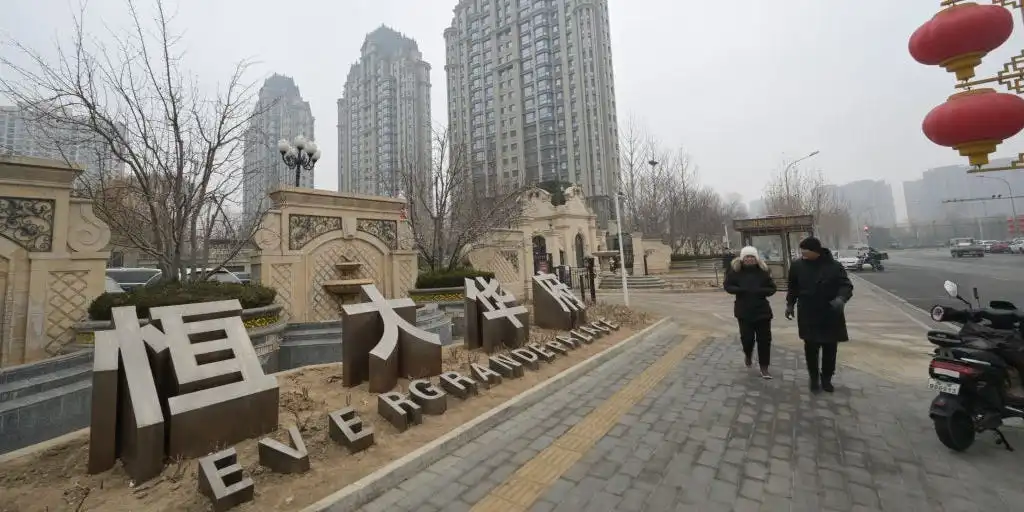This is the best summary I could come up with:
But there are still concerns about how Evergrande's fallout will affect the broader market, since the property sector contributes to about one-quarter of China's GDP.
The court has appointed Alvarez and Marsal as liquidator to manage the company, Evergrande said in a filing to the Hong Kong Stock Exchange.
"Onshore stakeholders are busy working to ensure home purchasers will eventually receive the homes they have paid for one way or another, but retail 'mom and pop' investors in the company's offshore securities will be facing even further uncertainty and delay which would likely continue for years," Daniel Margulies, a partner at Dechert, a law firm that specializes in restructuring in Asia, told BI.
In July, Evergrande cited an analysis by Deloitte that estimated a recovery rate of 3.4% on its debt if the company is liquidated, per Reuters.
Debtwire data showed 32 developers in China managed to complete 42 restructuring processes covering 104 tranches of offshore bonds worth $33.1 billion from July 2021 — around the time the current property crisis started — to the end of October 2023.
"Evergrande's liquidation is a sign that China is willing to go to extreme ends to quell the property bubble," Andrew Collier, a managing director at Orient Capital Research, told Reuters.
The original article contains 1,049 words, the summary contains 209 words. Saved 80%. I'm a bot and I'm open source!

